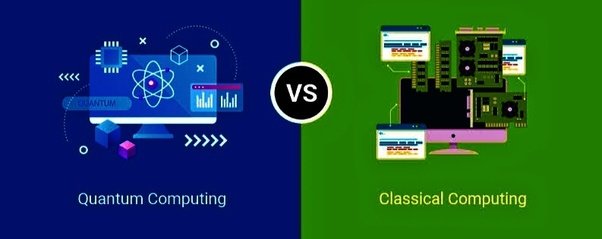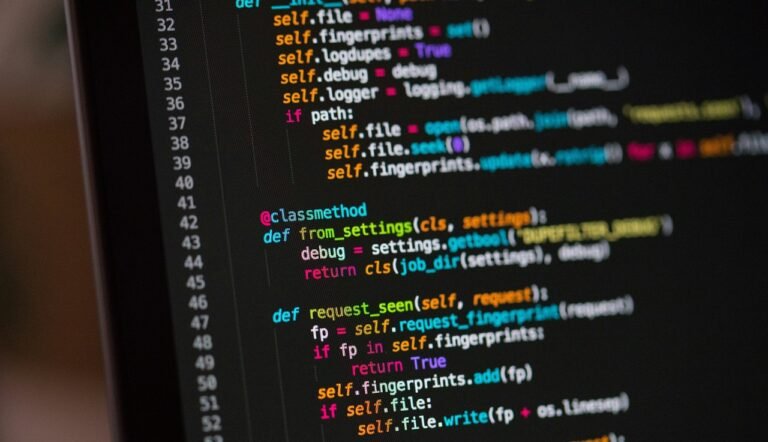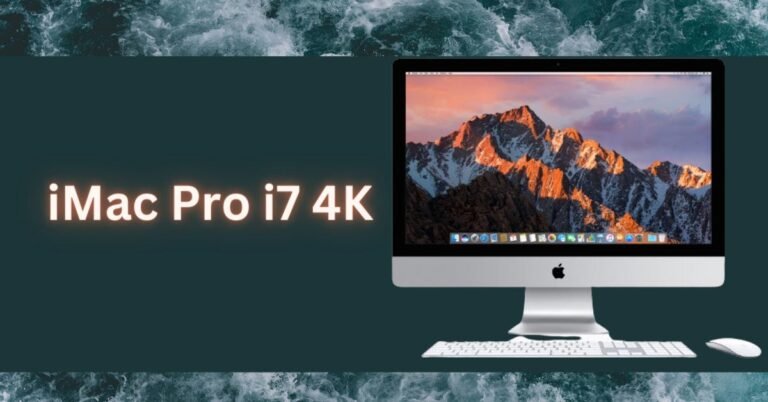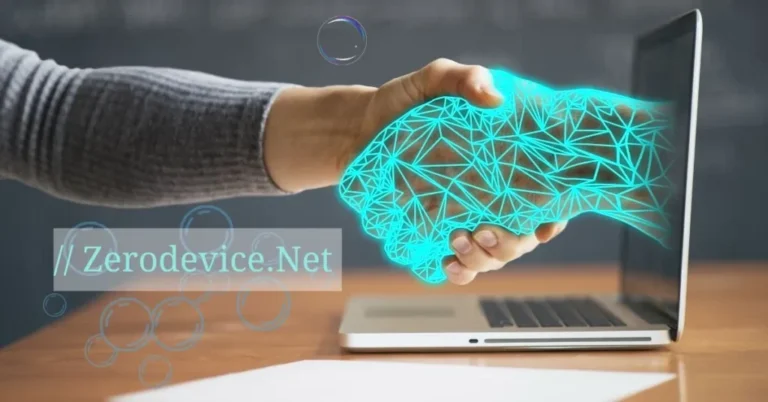A Beginner’s Guide to quantum computing vs classical computing
Introduction to Computing
Are you ready to dive into the fascinating world of computing? In today’s fast-paced digital era, the evolution of technology is constantly pushing boundaries. Classical computing has been our reliable companion for years, but now, quantum computing is emerging as a game-changer. Let’s unravel the mysteries behind these two powerful forms of computation and explore how they shape the future of technology.
What is Classical Computing?
In the world of computing, classical computing refers to the traditional form of computing that we are familiar with today. It relies on bits, which can be either a 0 or a 1, to process and store information. These bits are manipulated using logic gates to perform calculations and execute algorithms.
Classical computers follow the principles of classical physics and operate based on deterministic processes. They use transistors to represent and process data in binary code, allowing for tasks like browsing the internet, running software programs, and storing files.
The advancement of classical computing has led to significant technological progress over the years. From personal computers to supercomputers, these machines have become an integral part of our daily lives and various industries worldwide. The capabilities of classical computers continue to evolve as researchers push the boundaries of what is possible with current technology.
Despite their efficiency in performing many tasks efficiently, classical computers still face limitations when it comes to solving complex problems that require massive computational power. This is where quantum computing comes into play as a promising alternative for tackling such challenges in the future.
What is Quantum Computing?
Welcome to the fascinating world of quantum computing! Quantum computing is a revolutionary approach to processing information using the principles of quantum mechanics. Unlike classical computers that use bits to represent information as either 0 or 1, quantum computers use qubits which can exist in multiple states simultaneously.
One of the key concepts in quantum computing is superposition, where a qubit can be in a state of 0, 1, or both 0 and 1 at the same time. This ability allows quantum computers to perform complex calculations much faster than classical computers for certain tasks.
Another important aspect of quantum computing is entanglement, where qubits become interconnected and their states are correlated with each other regardless of the distance between them. This property enables quantum computers to solve problems with incredible efficiency that would be practically impossible for classical computers.
In essence, quantum computing harnesses the unique behaviors of particles at the smallest scales to revolutionize how we process information and tackle complex problems in ways previously unimaginable.
Differences Between Classical and Quantum Computing
Classical computing relies on bits, the basic unit of information represented as either a 0 or a 1. Quantum computing, on the other hand, uses quantum bits or qubits, which can exist in multiple states simultaneously due to superposition and entanglement.
In classical computers, data is processed linearly through algorithms that follow a step-by-step approach. In contrast, quantum computers have the ability to perform calculations on all possible combinations of data at once, thanks to superposition.
Another key difference lies in how classical and quantum computers handle uncertainty. Classical systems provide definite answers based on inputs, while quantum systems use probabilities to generate potential outcomes before collapsing into a final result upon measurement.
Quantum computing has the potential to revolutionize industries by solving complex problems exponentially faster than classical computers. However, it also poses challenges related to error correction and scalability that researchers are actively working to overcome.
Applications of Quantum Computing
Quantum computing holds the promise of revolutionizing various industries with its unparalleled processing power and capabilities. One of the most exciting applications is in cryptography, where quantum computers can break traditional encryption methods while also enabling secure communication through quantum key distribution.
In the field of drug discovery, quantum computing accelerates molecular modeling and simulation processes, leading to faster development of new medications and treatments for complex diseases. Furthermore, optimization problems across sectors like finance, logistics, and manufacturing benefit from quantum algorithms that swiftly solve intricate equations with superior efficiency.
Simultaneously, artificial intelligence stands to gain significant advancements from quantum computing by enhancing machine learning algorithms’ speed and performance. Quantum computing’s potential impact on solving climate change challenges through advanced simulations and data analysis is another promising avenue worth exploring.
The intersection between classical computation’s limitations and quantum computing’s boundless possibilities opens doors to innovative solutions that will shape our future profoundly.
Challenges and Limitations of Quantum Computing
Quantum computing, while promising immense potential, faces its fair share of challenges and limitations. One significant hurdle is the issue of qubits’ fragility; maintaining coherence in these quantum bits proves to be a delicate task due to external interferences.
Another challenge lies in error correction; errors are more probable in quantum systems compared to classical ones, making it crucial to develop efficient error-correction techniques for scaling up quantum computers effectively.
Furthermore, the complexity of programming quantum algorithms remains a barrier for widespread adoption. Traditional software developers may find it challenging to transition into the world of quantum programming due to its abstract nature and different set of rules.
Moreover, the high cost associated with building and maintaining quantum hardware poses a financial obstacle for many organizations looking to venture into this cutting-edge technology space. Overcoming these challenges will require continued research, innovation, and collaboration within the scientific community.
Conclusion: The Future of Computing
Quantum computing is undoubtedly a revolutionary field of study, pushing the boundaries of what was once thought possible in classical computing. As we delve deeper into the realms of quantum mechanics and harness its principles for computational purposes, the potential applications are truly limitless.
While classical computers have been instrumental in shaping our modern world, quantum computers offer a glimpse into a future where complex problems can be solved at an unprecedented speed. From cryptography to drug discovery, optimization problems to artificial intelligence, the impact of quantum computing is set to transform various industries.
Although there are challenges and limitations that need to be addressed before quantum computing becomes mainstream, researchers and scientists around the globe are making significant strides in overcoming these obstacles. The evolution from classical to quantum computing represents a paradigm shift that will redefine how we approach computation and problem-solving.
In this dynamic landscape where innovation knows no bounds, one thing is certain – the future of computing is bright with possibilities as we continue to unlock the immense potential of both classical and quantum systems. It’s an exciting time to witness firsthand the dawn of a new era in technology that promises to reshape our world in ways we have yet to imagine.







